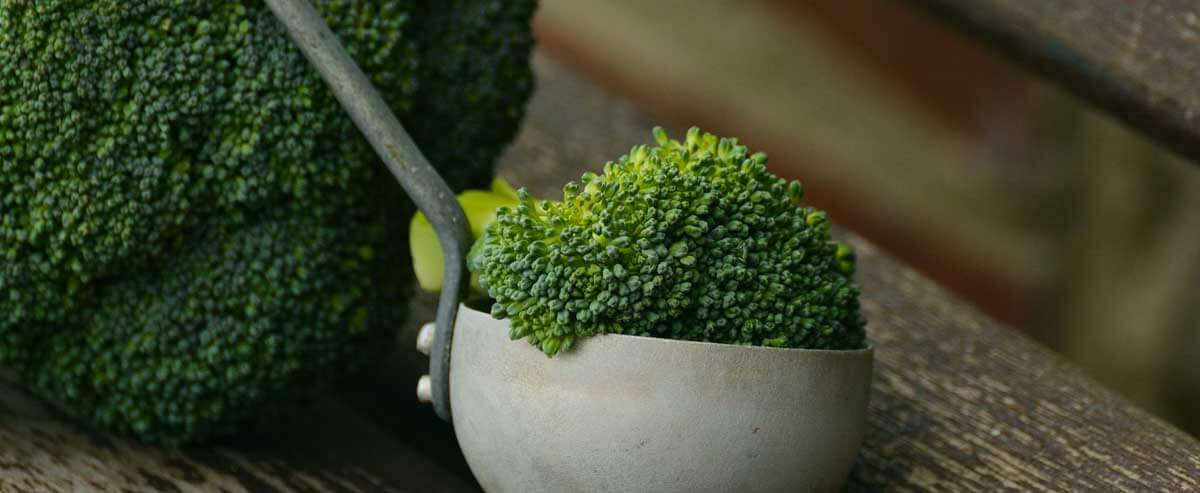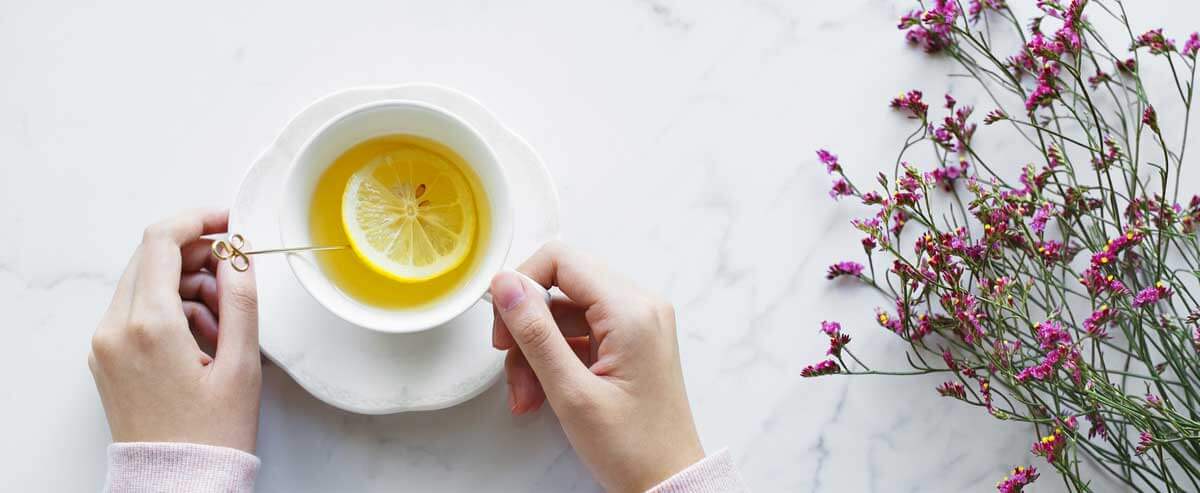1. Plan, organize, and allow others to help
Lists and planning ahead can be extremely helpful when holiday shopping. Don’t be afraid to ask others to help if malls or busy shopping centers exacerbate your symptoms. You can also call ahead and ask the sales associate to have your items ready at the cash register. Take advantage of online shopping! If you have screen intolerance, call the store and ask if they have a paper catalog which you can review. If you do choose to reach out for help, whether it be from a relative, friend, or other resource, sit down with them and try to figure out how much you can spend, and the best way to cross off all the items on your lists.

2. Toolbox and exit strategy
If lights, sounds, and crowds bother you, it’s not just the shopping that will be difficult. Family meals, get-togethers, and parties (small or large) can be difficult for those with light, noise, and motion sensitivity. Noisy conversation, crowds, and bright or flashing holiday lights can limit low tolerance further. Have your toolbox ready with ear plugs and sunglasses. Planning for a quiet space for brain breaks at host homes, limiting the time you spend at holiday meals or parties, and establishing an agreed upon “exit strategy” when symptom tolerance is at a max, can be the key to a successful holiday experience.

3. Pace Yourself
Set up a schedule for yourself between now and the New Year, writing out which hours of the day you should shop, pick up the kids, decorate, cook, rest, whatever it is that you need to do – and stick to it! Keep up with your brain breaks and healthy sleep routines so you can feel your best when the holidays arrive.
Of course, since it is the holiday season, you may feel obligated to spend lots of time with family. However, if you have relatives or friends who clearly do not understand and only add chaos and emotional stress to an already difficult time, consider taking a rain-check for this year’s celebrations with them, and try to surround yourself with supportive, understanding, friends and loved-ones. If you are unable to avoid seeing some of these more challenging friends or family members, ensure you take some time for self-care after seeing them.

4. Sugar, alcohol (and marijuana or other drugs)
Your brain has been injured, and processed sugar can be harmful to a recovering brain. Feeding your brain nutritious vegetables, healthy proteins and various anti-inflammatory and whole-grain foods and oils (think olive, avocado, and coconut oils) will support healing.
Alcohol in beer or wine can be toxic for a recovering brain whose blood-brain barrier is compromised. Drugs, including marijuana, may provide an escape from your injury, but can heighten your symptoms, and for some, can worsen your injury. You may gradually reintroduce alcohol, beer or wine when your brain heals and you no longer have symptoms. In the meantime, consider preparing some mulled apple cider or another non-alcoholic, festive drink to enjoy at your next gathering! Don’t forget to hydrate with good old water, too.

5. Allow yourself to be
The holidays can be landmark moments which mark loss and sadness during what may have been a wholly happy time in the past. Isolation and loneliness are common emotions, even when surrounded by people who care about you. Allow yourself to “meet yourself where you are at” with your emotions. Give yourself compassion and space to grieve and feel the sadness, anger or frustration that might come upon you. Then allow yourself to let go of the grief, and perhaps feel joy, if you are able. By letting go and accepting your feelings, at whatever part of your recovery you are up to, you can allow yourself to celebrate as well.

Wishing you safe and healthy holidays – from the entire ACC team!
Adapted from The Resilient Brain
By Diane Roberts Stoler, Ed.D.
Published on December 1, 2014
Get personalized advice and treatment
Let us tailor an individualized prevention plan for your child today.

